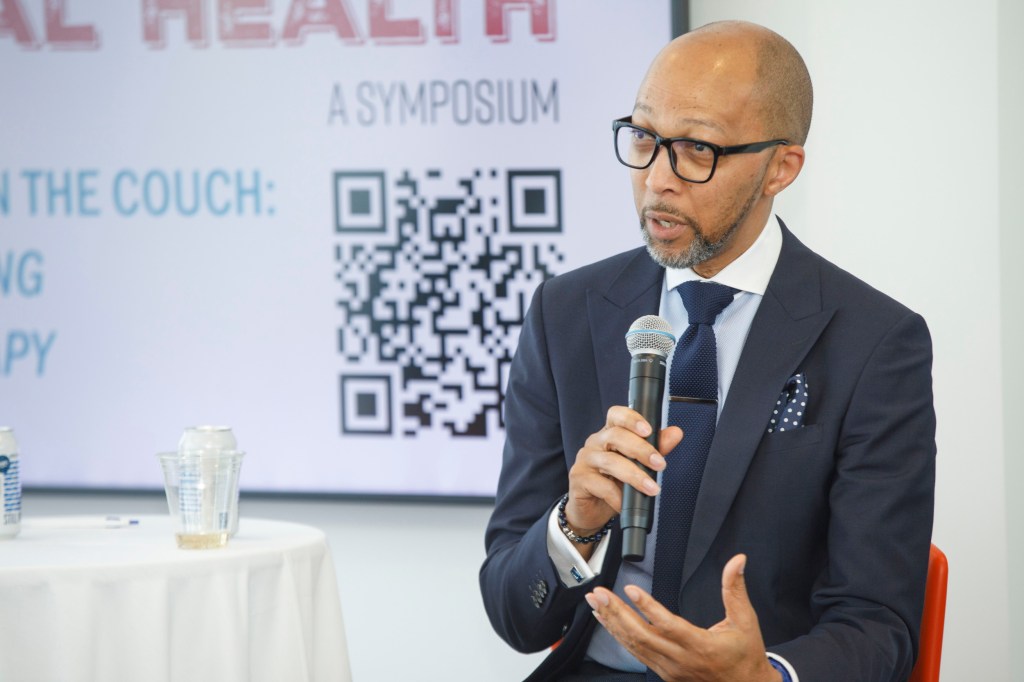Health
-

6 keys to a long, healthy life (ice cream included)
Also, why reading Ben Franklin beats climbing Mount Everest
-

Six cancers rising faster in younger adults than older ones
Large new global study fuels growing concern over trend of increases in several types

-

What’s next for GLP-1s?
Scientists eye new treatment targets for popular weight-loss drugs, from heart failure to addiction
-

Pricey blockbuster GLP-1s are costing users — and most of the rest of us, too
Health insurers are passing along cost for coverage in form of higher rates across the board, policy researcher says
-

Drinking 2-3 cups of coffee a day tied to lower dementia risk
Caffeinated tea also found to slow cognitive decline in study

-

New AI tool predicts brain age, dementia risk, cancer survival
Unlike other AI models, BrainIAC needs limited data to ID key neurological health indicators

-
Examining new weight-loss drugs, pediatric bariatric patients
Researcher says study found variation in practices, discusses safety concerns overall for younger users
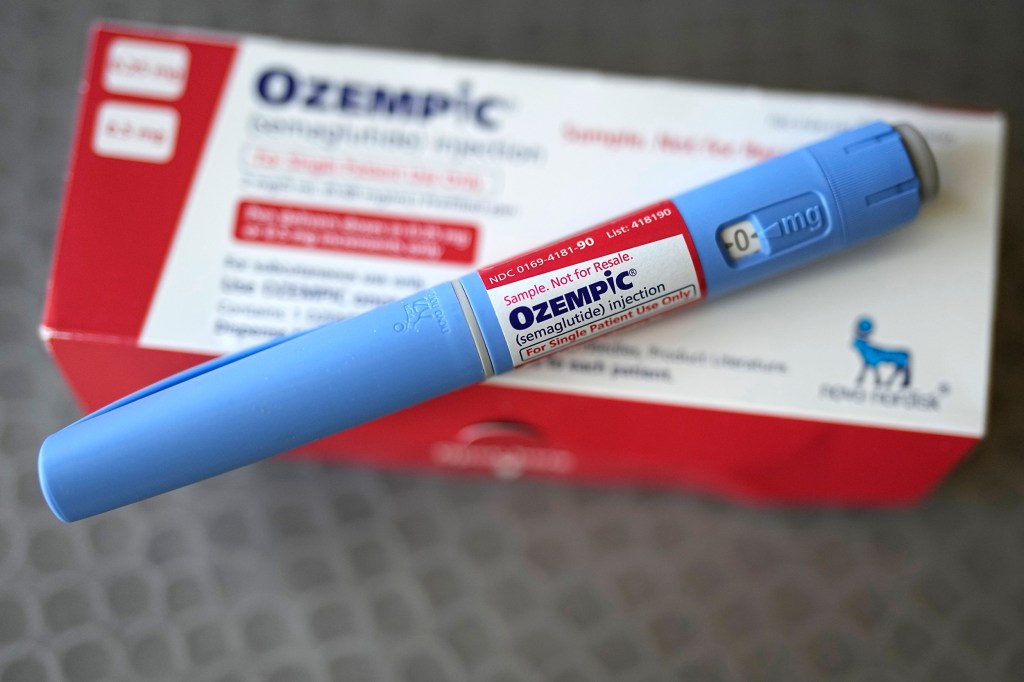
-
Shingles may increase risk of cognitive decline
Availability of vaccine offers opportunity to reduce burden of shingles and possible dementia

-
Loving your pup may be a many splendored thing
New research suggests having connection to your dog may lower depression, anxiety

-
Aspirin may help cut colorectal cancer risk
New research suggests those with less healthy lifestyles may get highest benefit from regular use

-
Faster ‘in a dish’ model may speed up treatment for Parkinson’s
Could result in personalized models to test diagnostic and treatment strategies
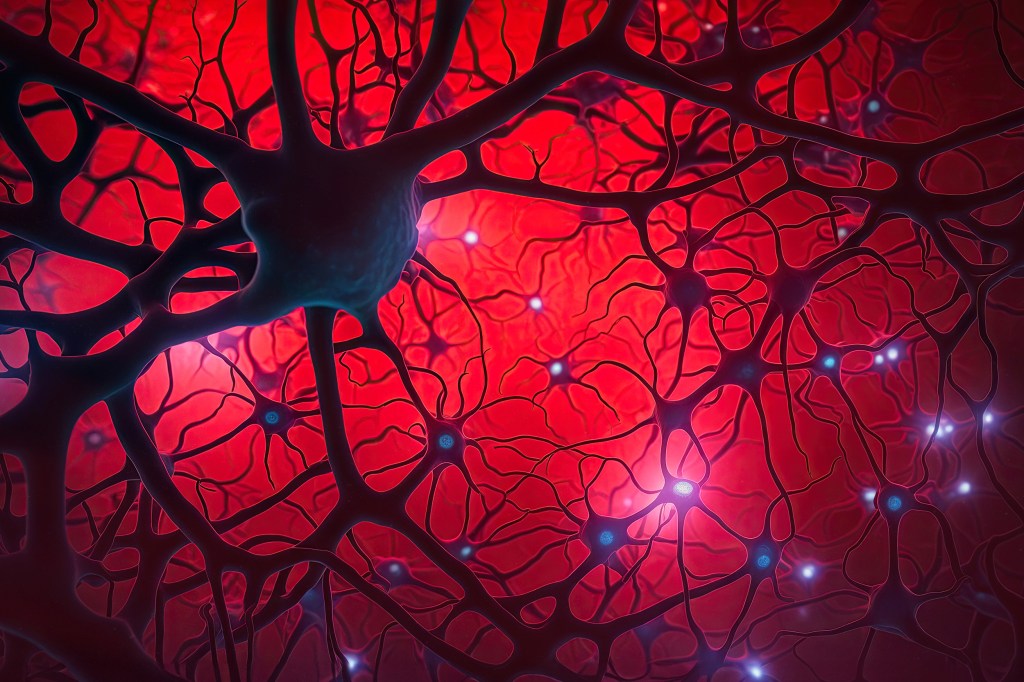
-
Fixing key flaw in revolutionary cancer treatment
Researchers devise way to boost CAR T-cell therapy to potentially ensure it doesn’t fade prematurely
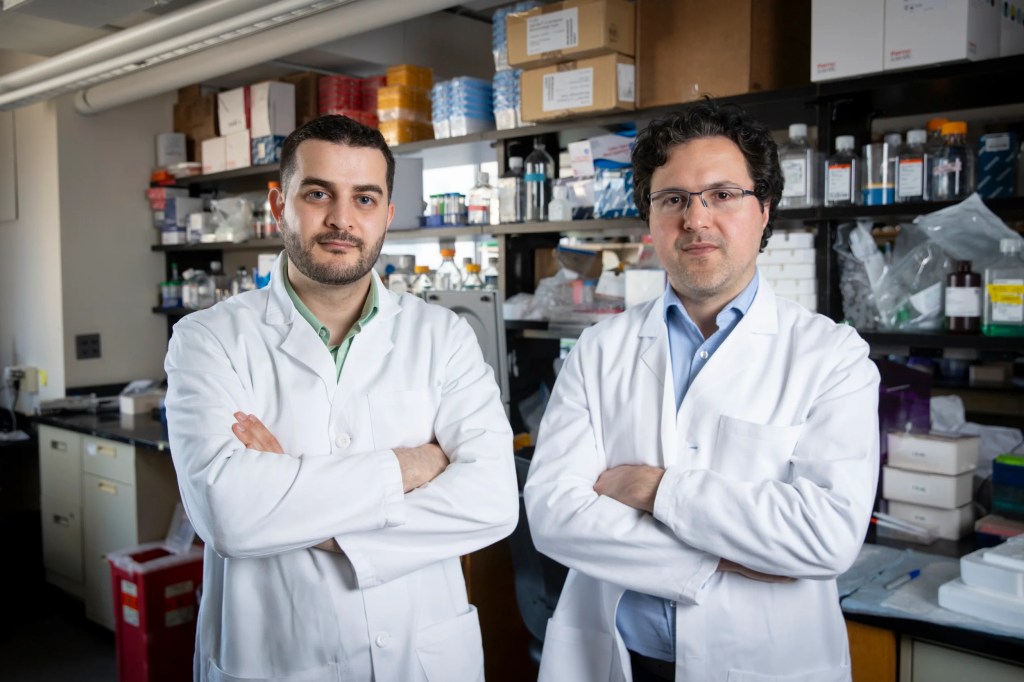
-
If it feels too hot to run, maybe it is
Experts who have seen health consequences close-up offer guidelines for summer athletes

-
Does your brain reflect your sex?
Precision medicine is just one field where the answer matters
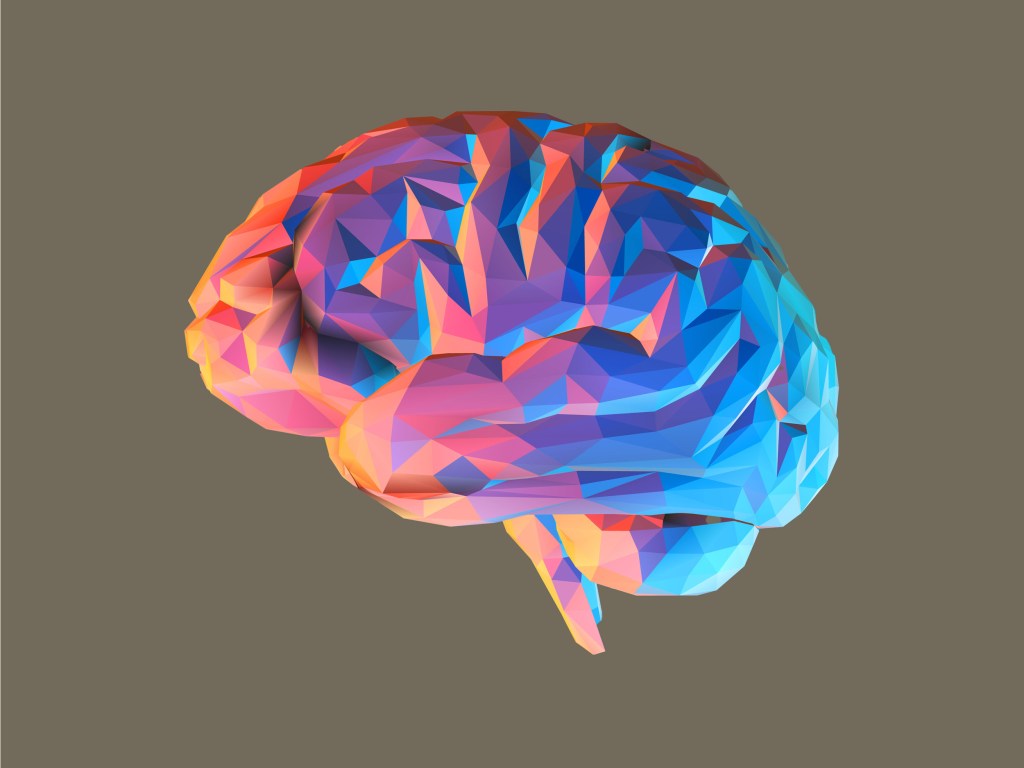
-
Beginning of end of HIV epidemic?
Scientists cautiously optimistic about trial results of new preventative treatment, prospects for new phase in battle with deadly virus
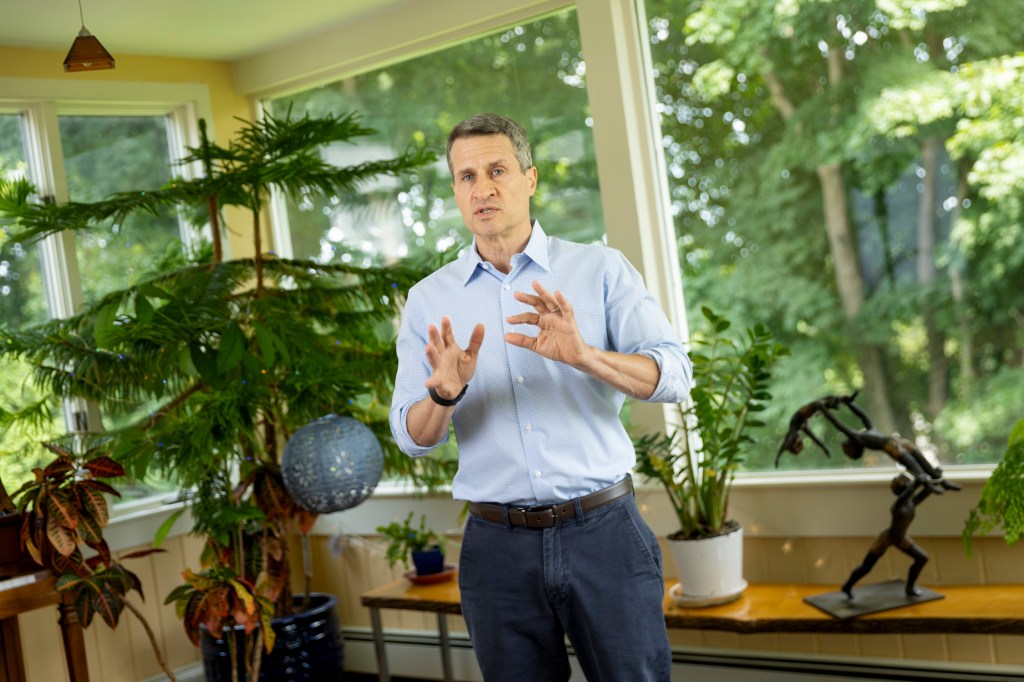
-
Can good sleep help prevent diabetes?
Study links irregular sleep patterns with higher disease risk

-
Between bright light and a good mood, plenty of sleep
Researchers outline path to lower risk of depression

-
You won’t even know you’re exercising, but your body will
Real surfing is better than channel surfing, says research focused on healthy aging. But housework is better than nothing.

-
What’s another word for ‘neuronal map-maker’?
Researchers discover microscopic ‘brain thesaurus’ that lets neurons derive meaning from spoken words
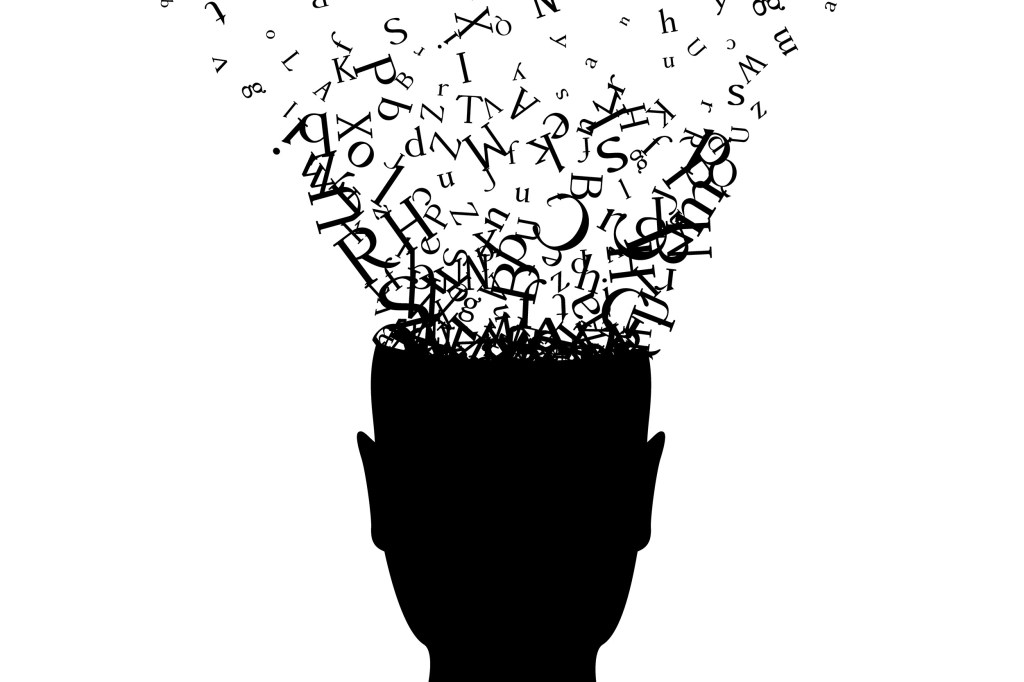
-
How leaders find happiness — and teach it
Symposium examines science, outlines opportunities to tackle mental health crisis
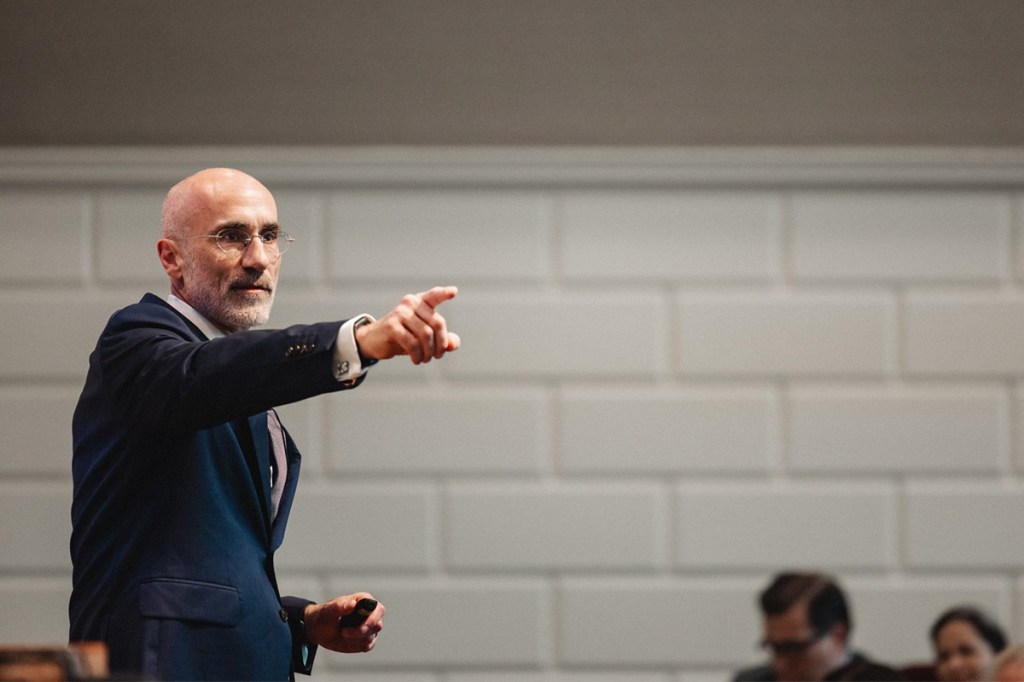
-
Alzheimer’s study finds diet, lifestyle changes yield improvements
Can diet and lifestyle reverse early Alzheimer’s? A pilot study raises hopes.
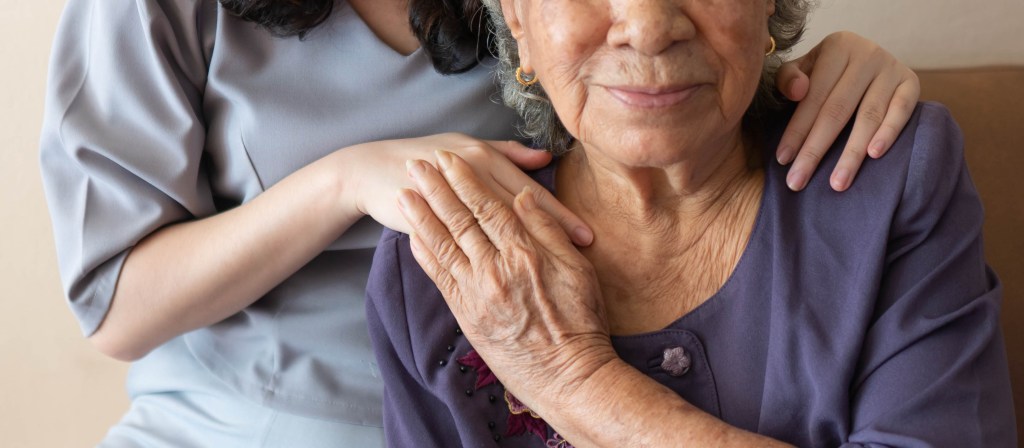
-
There’s much to be grateful for in giving thanks
Elderly may harvest benefits from the attitude alone

-
Should colon cancer screening start at 40?
Amid surging early onset rates, Harvard experts say cost, effectiveness, equity must be considered, along with other ways to evaluate

-
Stroke risk higher for the chronically lonely
Study of adults over 50 examines how feelings boost threat over time

-
Testing fitness of aging brain
Most voters back cognitive exams for older politicians. What do they measure?
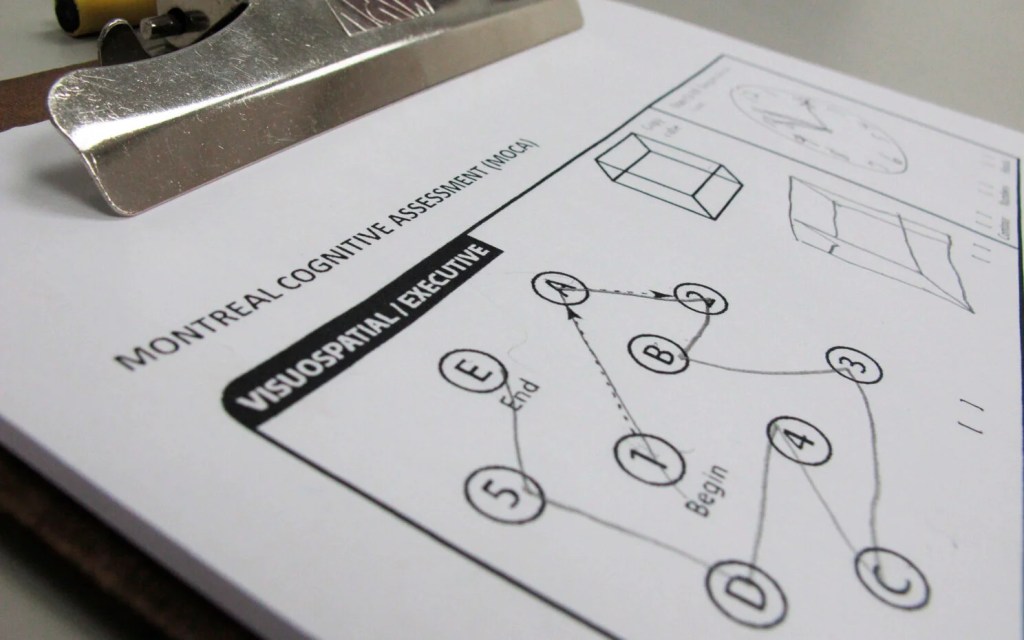
-
DNR orders for Down syndrome patients far exceeded pandemic norm
Co-author sees need for additional research and earlier, deeper conversations around care

-
Researchers reverse hair loss caused by alopecia
Treatment holds promise for painlessly targeting affected areas without weakening immune system
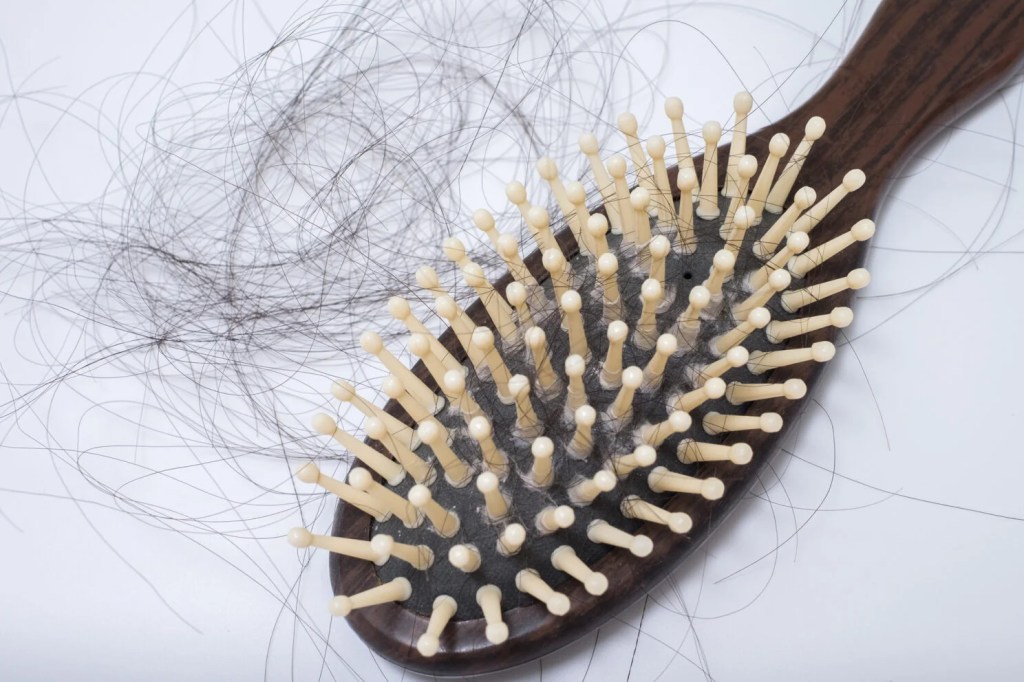
-
Binge eating appears more widespread, persistent than thought
New research takes broader, deeper look at common, but poorly understood, disorder

-
Alzheimer’s disease indicators track with biological changes in brain, study finds
Researchers see self-reported memory loss may be early, preclinical warning
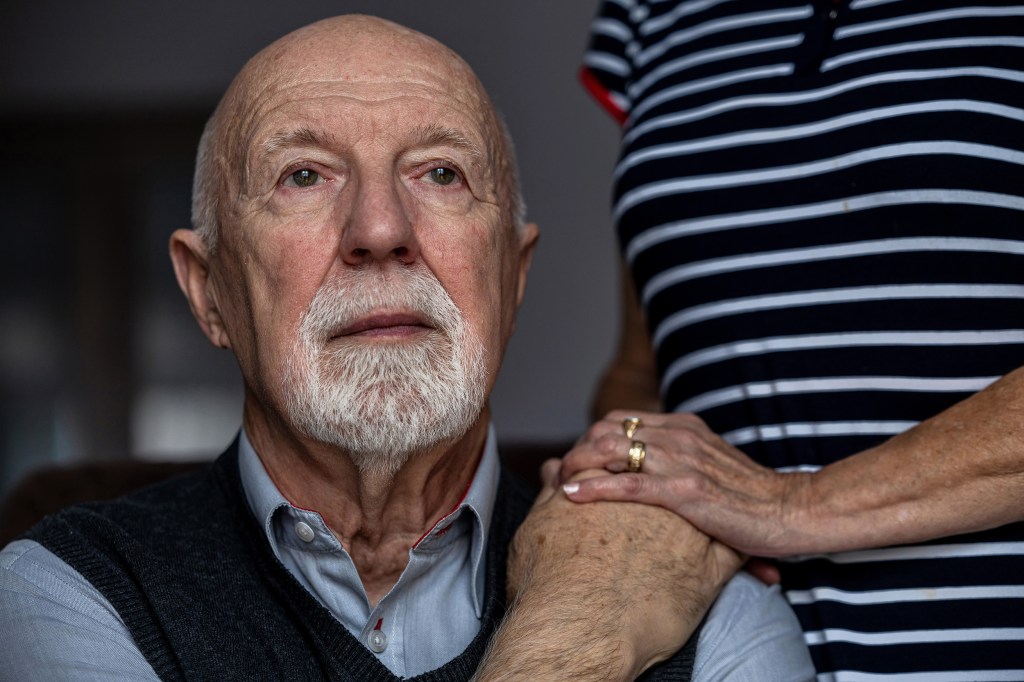
-
Clear as a bell
New successful, expanded trial of groundbreaking therapy for genetic deafness suggests it may be available relatively soon

-
Women who follow Mediterranean diet live longer
Large study shows benefits against cancer, cardiovascular mortality, also identifies likely biological drivers of better health

-
Harvard-led study IDs statin that may block pathway to some cancers
Cholesterol-lowering drug suppresses chronic inflammation that creates dangerous cascade

-
New Alzheimer’s study suggests genetic cause of specific form of disease
Findings eventually could pave way to earlier diagnosis, treatment, and affect search for new therapies
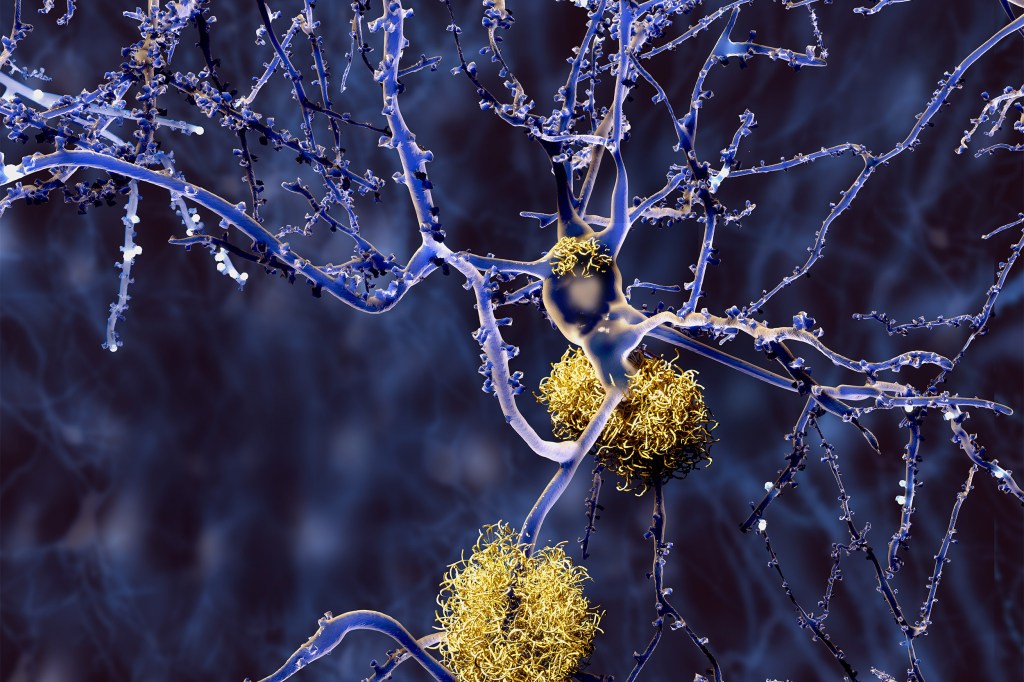
-
Had a bad experience meditating? You’re not alone.
Altered states of consciousness through yoga, mindfulness more common than thought and mostly beneficial, study finds — though clinicians ill-equipped to help those who struggle
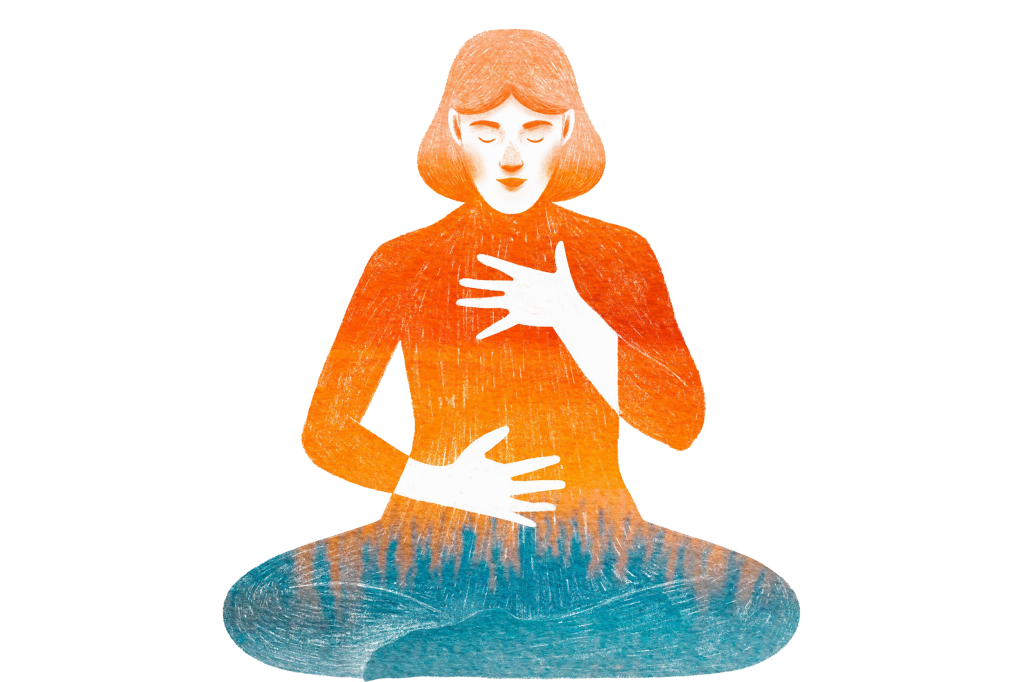
-
Rethinking life-support decisions
Of the survivors within one study group, more than 40% recovered at least some independence.
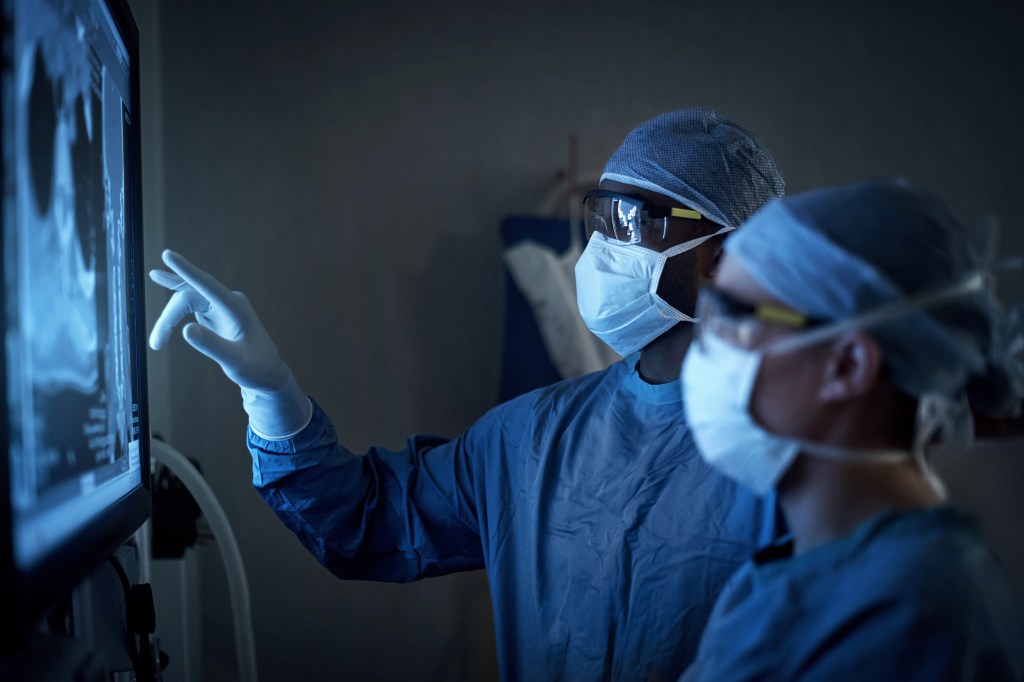
-
What to do about mental health crisis among Black males
Symposium examines thorny, multifaceted dilemma from systemic racism in policing, healthcare to stigma attached to psychotherapy in community
